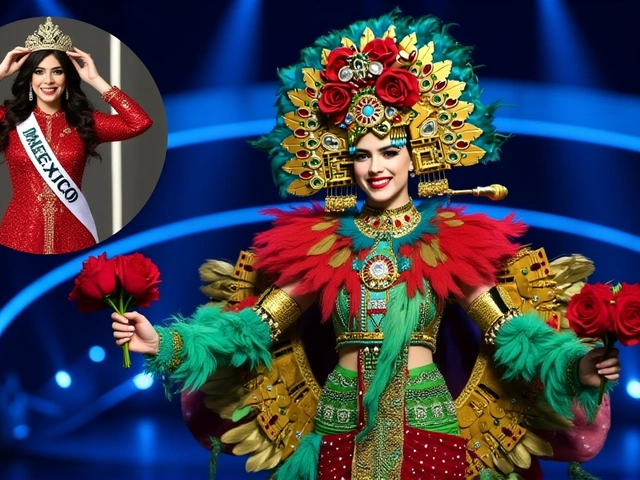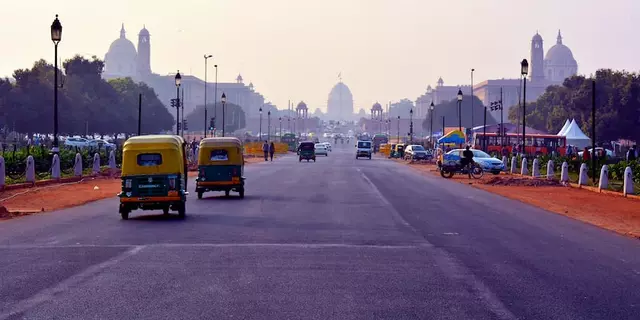On December 10th, 2015, Salman Khan was acquitted of all charges in the hit-and-run case that had been pending since 2002. The verdict has been met with surprise and debate, with many questioning the legal implications of the acquittal. To better understand this decision and its implications, it is important to explore the legal and social implications of Salman Khan’s acquittal.
From a legal perspective, the decision to acquit Salman Khan was based on the lack of evidence presented by the prosecution. The court found that the prosecution had failed to provide sufficient evidence to prove that Khan was driving the car at the time of the accident, or that he had any knowledge of the accident. The court also noted that the witnesses presented by the prosecution were unreliable, and that the forensic evidence presented was inconclusive. Therefore, the court found that the prosecution had failed to prove the charges beyond a reasonable doubt and acquitted Khan.
The social implications of the acquittal are more difficult to assess. While some may feel that the decision was fair, given the lack of evidence presented, others may feel that Khan’s celebrity status and influence have allowed him to escape justice. This is an issue that will likely remain contested in the public sphere, as the trial and its outcome have been heavily discussed in the media. However, it is important to remember that the court’s decision is based solely on the evidence presented and that Khan was acquitted due to a lack of evidence, not because of any special privileges.
In conclusion, the decision to acquit Salman Khan in the hit-and-run case has sparked debate and controversy. The legal implications of the decision are clear, as the court found that the prosecution had failed to prove the charges beyond a reasonable doubt. The social implications of the decision are more difficult to assess, as the media has widely discussed the trial and its outcome. It is important to remember, however, that the court’s decision was based solely on the evidence presented and that Khan was acquitted due to a lack of evidence, not because of any special privileges.
Salman Khan's hit-and-run case has been going on for more than 13 years. This timeline provides an overview of the evidence presented, the arguments of the defense and prosecution, and the final outcome of the case.
2002: The Incident
On September 28th, 2002, Salman Khan was driving his Toyota Land Cruiser in the Bandra area of Mumbai. His vehicle hit three people sleeping on the sidewalk, killing one and injuring two others. Khan and his driver left the scene of the accident without providing aid to the victims.
2005: Investigations Begin
In 2005, the Mumbai police began their investigations into the hit-and-run case. They examined the accident site, collected evidence, and recorded statements from witnesses.
2006: Charges Filed
In 2006, the police filed a chargesheet against Salman Khan, accusing him of culpable homicide not amounting to murder, driving without a license, and causing grievous hurt by a negligent act.
2007-2015: Court Proceedings
The case was heard in the Magistrate's Court in 2007. In 2009, the court found Khan guilty of all charges and sentenced him to 5 years in prison. Khan appealed the decision in the Bombay High Court, and in 2015, the court acquitted him of all charges, citing lack of evidence.
2015-2016: Supreme Court Appeal
The prosecution appealed the High Court decision in the Supreme Court, arguing that the High Court had erred in its ruling. In 2016, the Supreme Court upheld the High Court's decision, ruling that Khan was not guilty of any of the charges.
Conclusion
After 13 years, Salman Khan has been acquitted in the hit-and-run case. Although the case has been controversial, the court found that there was not enough evidence to convict Khan of the charges.





